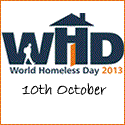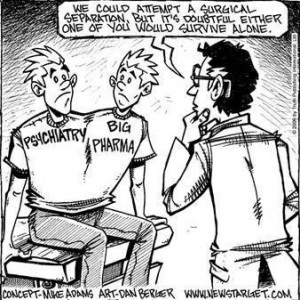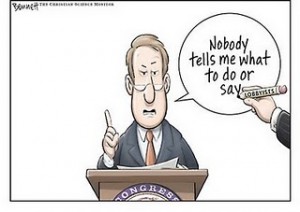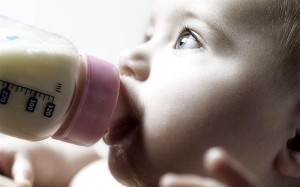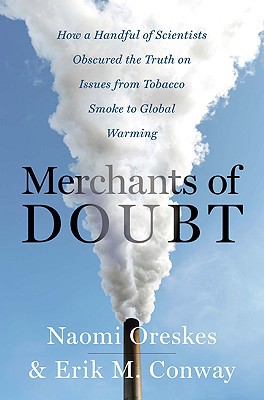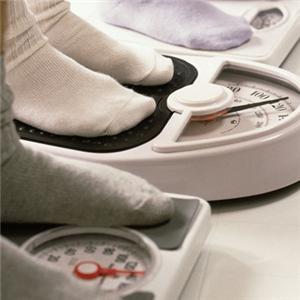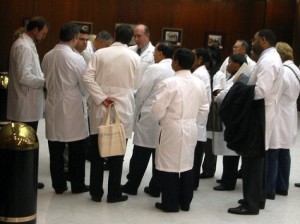 This entire poem is available online, so I hope JAMA won’t mind if I reproduce it here. The concept might seem simply clever at first, but in fact it’s quite thought provoking.
This entire poem is available online, so I hope JAMA won’t mind if I reproduce it here. The concept might seem simply clever at first, but in fact it’s quite thought provoking.
Side Effects May Include
Now available
over the counter, the phone, or the Internet—
even on the corner—
with or without a subscription.Clinically proven to
counteract depressed mood,
soothe frazzled nerves,
decrease heart and respiratory rate,
lower the heart from the throat,
warm the heart,
coat the pit in the stomach,
moisten eyes with tears of joy,
motivate individuals to fulfill their potential, and
inspire groups of people to alter the very course of history,
including (but not limited to) putting a man on the moon and
casting off the shackles of racism and political oppression.Side effects may include
malapropisms,
Freudian slips,
tears of sadness,
things said that can never be taken back,
false hopes,
and, in general, the exact opposite of what’s intended.So,
talk to your loved one,
your neighbor, your doctor,
to everyone you can, about
Words.(Words is a registered trademark of Language.)



